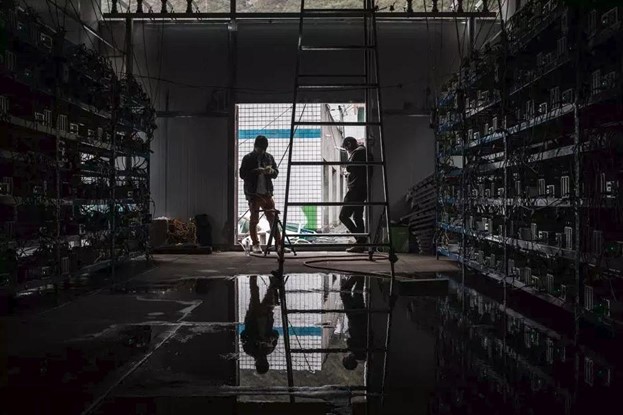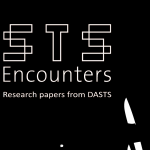Based at the IT University of Copenhagen, the section of Technologies in Practice conducts qualitative studies of technologically mediated practices in organisations and everyday life.
The vast majority of societal challenges demand critical engagement with contemporary technologies.
Our interdisciplinary environment provides students and researchers with the resources necessary for analysing entanglements of the social and technical with and through IT.
News
TiPsters in the new issue of STS Encounters
Irina Papazu co-edited the latest issue of STS Encounters, which also contains articles by Steffen Dalsgaard and Rasmus Tyge Haarløv (Mobilising Uncertainties in Air Pollution Science in Copenhagen), Irina and former TiP member Adam Veng (Is Denmark a green entrepreneurial state? Mapping Danish climate politics between civic mobilization and business cooptation), and Christopher Gad (Curating […]
New special issue on Border Control Technologies
Vasilis Galis and his co-authors are behind the 3rd issue of 2023 of Science as Culture, titled ‘Border Control Technologies’. The special issue asks how border technologies turn borders into a contested space and how they come to matter for specific affected communities, especially migrants. Click here to access the issue.
 TiP on Mastodon
TiP on Mastodon
- UntitledSuper proud of TiP member Irina Papazu for winning the Freeman Award, with co-editor Andreas Birkbak for the book "Democratic Situations". The prize will be awarded at the #EASST4S24 conference - for mroe see here https://tip.itu.dk/2024/07/04/democratic-situations-wins-the-freeman-award/
- UntitledWondering what to go and see at 4S/EASST this year? Take a look at the TiP Panels and presentations - quick summary here. https://tip.itu.dk/2024/07/04/4s-easst-making-and-doing-transformations/ #EASST4S24
Research
We are an interdisciplinary group, with a shared interest in qualitative studies of technologically mediated practices. Our work is funded by the Danish Research Council, European Union's Horizon 2020 program, Carlsberg Foundation, Innovation Foundation, Novo Nordisk and the Velux Foundation.
Teaching
We closely integrate our role as educators with our work as a research group. Our international faculty use insights from around the world in their teaching. Our teaching draws on disciplinary backgrounds such as information studies, history, anthropology, sociology, and critical computer science. We aim to help students address the critical questions arising at the intersection of society and technology.





